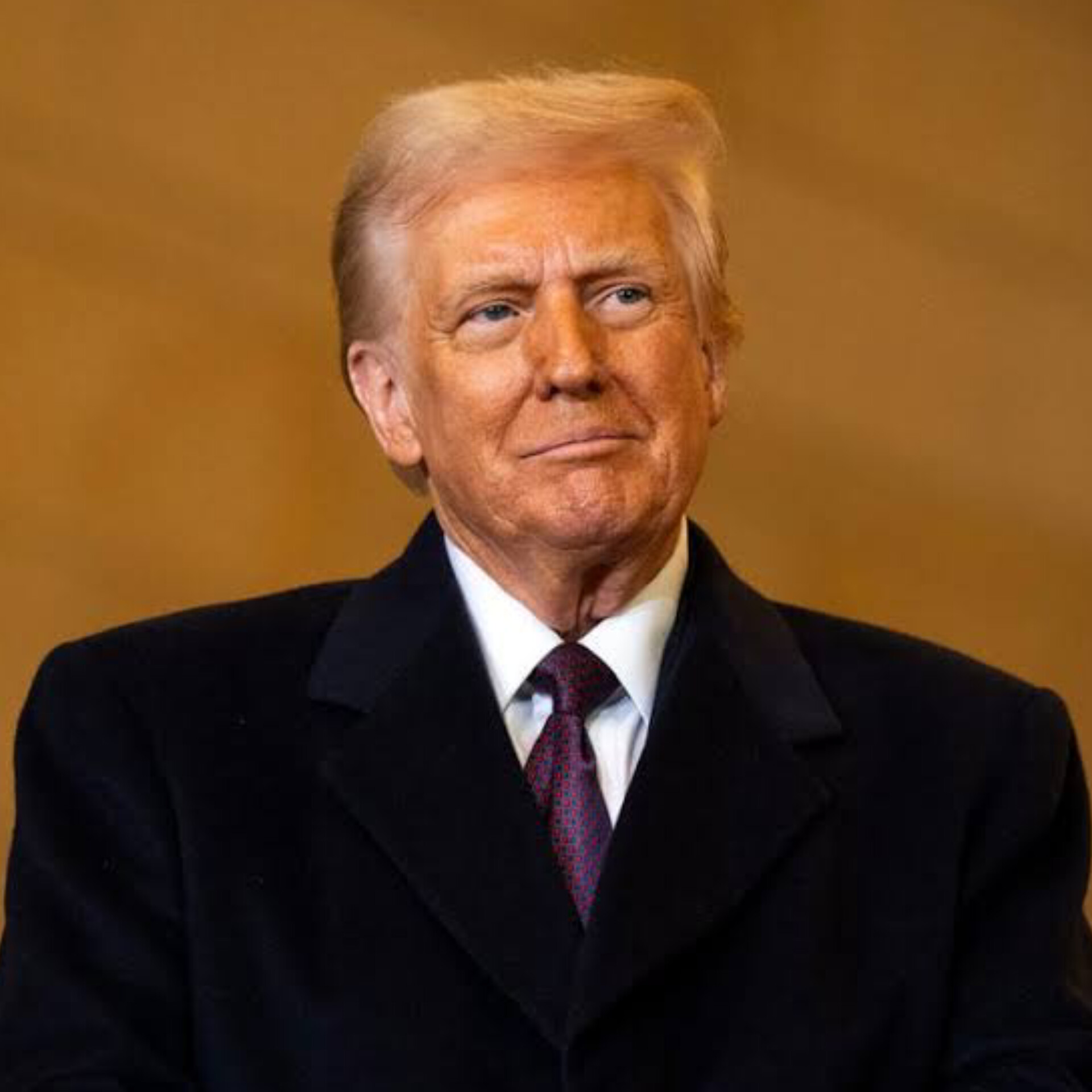In a significant development for transatlantic trade relations, US President Donald Trump announced on Sunday that he would delay his proposed 50% tariffs on European Union goods until July 9, following what he described as a “very nice call” with European Commission President Ursula von der Leyen.
The decision came after escalating tensions last week, when Trump threatened to impose the steep tariffs as early as June 1, claiming that negotiations over existing trade disputes were “going nowhere.”
Speaking to reporters before boarding Air Force One in Morristown, New Jersey, Trump revealed, “Von der Leyen just called me… she asked for an extension on the June 1st date, and she said she wants to get down to serious negotiation. And I agreed to do that.”
The European Commission chief also confirmed the conversation via a post on X, formerly Twitter, noting that both sides agreed additional time was needed to pursue a fair and balanced agreement. “To reach a good deal, we would need the time until July 9,” von der Leyen wrote, adding that “Europe is ready to advance talks swiftly and decisively.”
The United States and European Union have been working to avoid a full-scale trade war, having previously agreed to suspend further tariff action while negotiations continued. Trump’s renewed threat on Friday, however, had raised concerns across both sides of the Atlantic.
On Sunday, German Finance Minister and Vice Chancellor Lars Klingbeil urged Washington to engage in “serious negotiations” rather than provocative measures. Speaking to Bild newspaper, Klingbeil warned, “The US tariffs endanger the US economy just as much as the German and European economy.” He also disclosed ongoing talks with US Treasury Secretary Scott Bessent on the matter.
Since taking office, Trump has imposed three rounds of tariffs targeting the EU, a 25% levy on steel and aluminum, duties on automobiles, and a 20% “reciprocal” tax on all imports, the latter of which remains suspended as talks proceed. A baseline 10% tariff still applies.
The EU’s trade chief, Maros Sefcovic, reaffirmed Brussels’ commitment to securing a fair deal. “Trade ties should be based on mutual respect, not threats,” he said following Friday’s discussions with US counterparts.
If talks fail, Brussels has outlined plans for retaliatory tariffs on US goods worth nearly €100 billion ($113 billion).
According to recent figures, the US trade deficit in goods with the EU reached $236 billion in 2024. However, when factoring in services where US firms traditionally hold an advantage, the European Commission estimates the deficit narrows to €50 billion ($57 billion).




